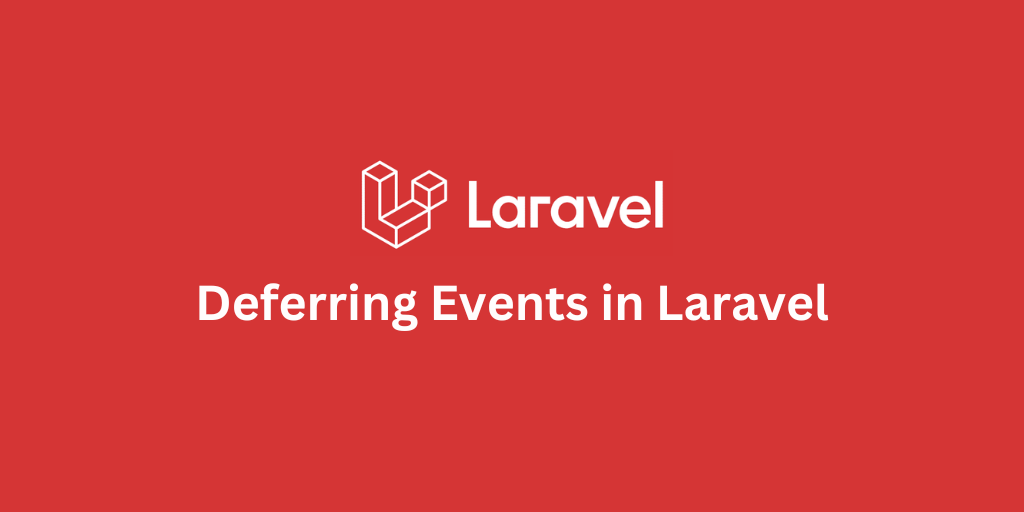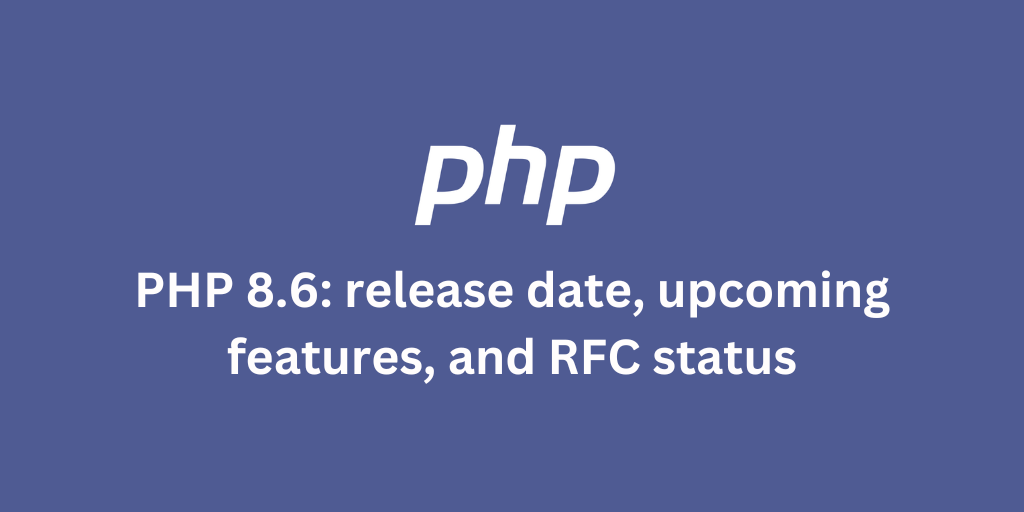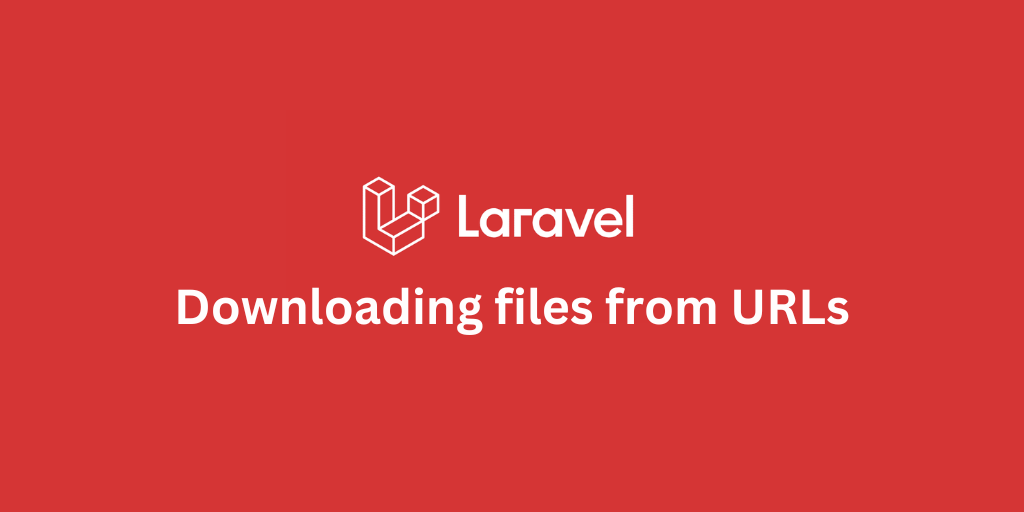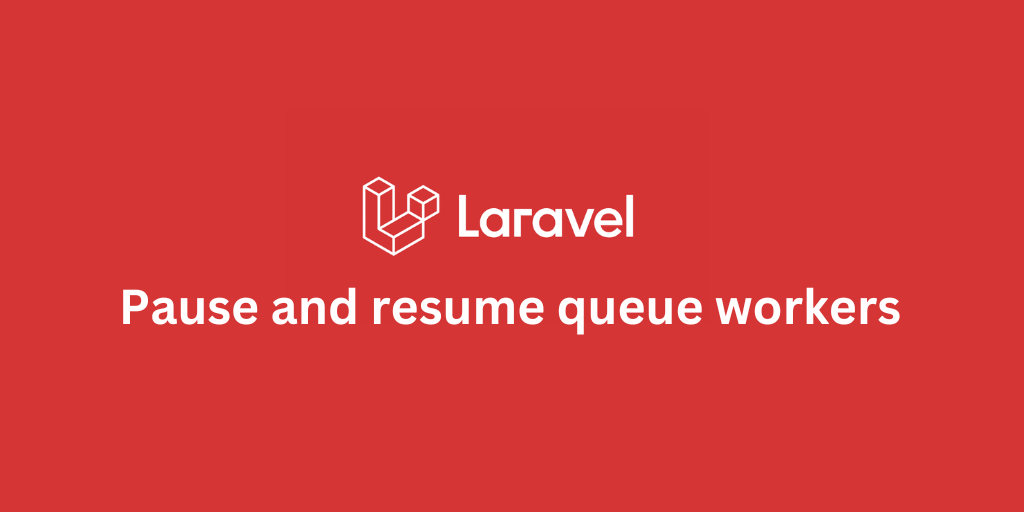Deferring Events Including Model Events in Laravel

- Deferring Events in Laravel
- What Are Deferred Events in Laravel?
- How to Use Event::defer()
- Deferring Specific Events Only
- When to Use Deferred Events
- Conclusion
Deferring Events in Laravel
Laravel provides an elegant way to handle events in your applications. But what if you want to delay the dispatching of certain events until after a block of code has finished executing? That’s where deferred events come in.
In this post, we’ll explore what deferred events are, why they’re useful, and how you can implement them in your Laravel applications.
What Are Deferred Events in Laravel?
Deferred events allow you to delay the dispatching of model events and execution of event listeners until after a specific closure has finished running. This feature is particularly useful when you need to ensure that all related database records are created and available before event listeners are triggered.
For example, consider a scenario where you create an Order and immediately create OrderLineItems linked to that order. If events were dispatched immediately, your event listeners might not yet have access to all the related records.
How to Use Event::defer()
Laravel makes deferring events simple with the Event::defer() method. You just wrap your logic inside a closure:
use App\Models\Order;use Illuminate\Support\Facades\Event; Event::defer(function () { $order = Order::create(['order_number' => 'ORD-1001']); $order->lineItems()->create([ 'product_name' => 'Laptop', 'quantity' => 1, ]);});What happens here?
- All events triggered inside the closure will be queued up.
- They are only dispatched after the closure completes.
- If an exception occurs inside the closure, no events will be dispatched.
This ensures event listeners run in a clean, predictable state where all related records already exist.
Deferring Specific Events Only
Sometimes you may not want to defer all events, only specific ones. Laravel allows you to do this by passing an array of event names as the second parameter to defer().
Example:
use App\Models\Order;use Illuminate\Support\Facades\Event; Event::defer(function () { $order = Order::create(['order_number' => 'ORD-1001']); $order->lineItems()->create([ 'product_name' => 'Laptop', 'quantity' => 1, ]);}, ['eloquent.created: '.Order::class]);Explanation:
- In this case, only the
eloquent.createdevent for theOrdermodel will be deferred. - Other events (like those for the
OrderLineItemmodel) will be dispatched immediately.
When to Use Deferred Events
You might want to defer events when:
- Creating related records where listeners depend on all records being available.
- Running bulk insert operations that should only trigger events after completion.
- Avoiding inconsistent state issues in event listeners.
Conclusion
Deferred events in Laravel provide a powerful way to manage when your events are fired. By using Event::defer(), you can ensure that listeners always have access to the final, complete state of your data.
Whether you defer all events in a block of code or only specific ones, this feature can help you build more reliable and predictable event-driven applications in Laravel.
Stay Updated.
I'll you email you as soon as new, fresh content is published.


